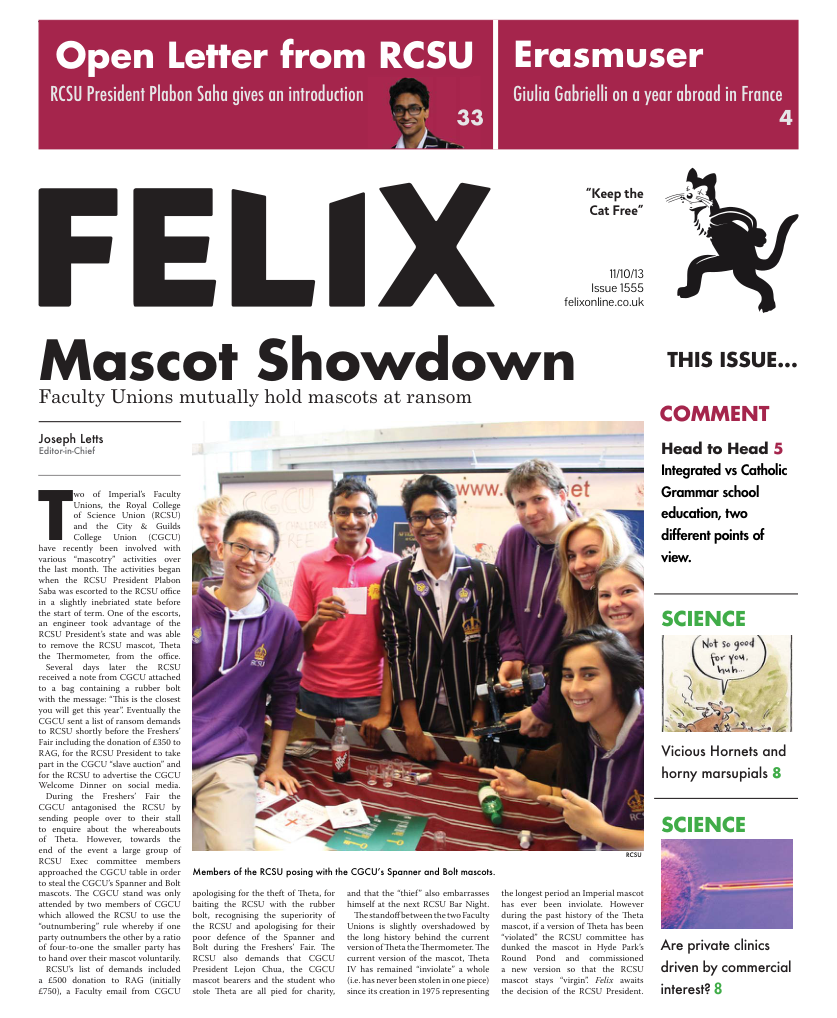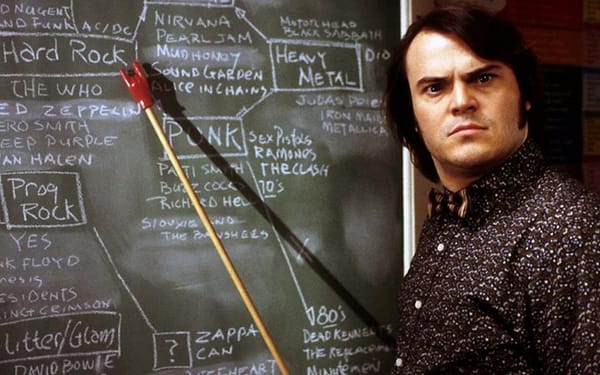Head to Head: Rory Fenton on Integrated Education
Public services should be open to all people, regardless of their beliefs. That so simple a statement should need to be shouted is madness and yet this is exactly what is needed in the UK. The truth is that for all our advances in other areas of human rights, when it comes to religious and belief...
Public services should be open to all people, regardless of their beliefs. That so simple a statement should need to be shouted is madness and yet this is exactly what is needed in the UK. The truth is that for all our advances in other areas of human rights, when it comes to religious and belief discrimination in public services, the UK has scarcely changed in 100 years. Nowhere is this clearer than in our state schools.
Religious schools make up a third of all state schools in the UK and are granted astounding privileges. If they are oversubscribed they can ensure that only pupils of a certain religion, or more precisely, pupils with parents of a certain religion, can attend. They are also allowed to discriminate in the hiring of teaching staff. Not just RE teachers; history teachers, science teachers, geography teachers... Such grotesque discrimination would be illegal in any other workplace except, of course, in a church. The principle of employing people according to their ability is thrown out of the window.
Religious schools are also deeply socially divisive. Giving schools the ability to select along arbitrary lines means they use this as an excuse to select wealthier pupils. Middle class parents are more able to “game” the system in knowing which religious buttons to push and being more likely to be free on Sundays to go to church. Remember I said that a third of state schools are religious? Of the 20 most socially exclusive state schools in the UK (comparing pupils who receive a free school meal to those who do in the catchment area) 18, that’s 90%, are religiously selective.
Lastly there is the issue of preventing children from mixing and meeting with children from different backgrounds of their own. Philosopher A C Grayling likes to say that the argument against faith schools can be summed up in two words: Northern Ireland. I went to a Catholic school in Belfast. Despite this being a majority Protestant city, I didn’t meet a Protestant of my own age until I came to Imperial, aged 18 (incidentally, he is now the editor of this paper). Northern Ireland’s divisions go much deeper than our schools but to argue that deliberately keeping the two communities apart hasn’t contributed to tensions and lack of empathy between them is ludicrous. In England, too, cultural tensions are heightened by “faith schools” which can de facto select according to race. The current government allowing new Muslim and Evangelical Christian “Free Schools” can only be a recipe for disaster when it comes to integration.
While my children won’t be brought up in any religion, I want to see them educated alongside Jewish kids, Muslim kids, Christian kids, Sheikh kids and all other kinds of kids. I want their teachers to be the best teachers in their subjects, not the ones who ticked the most denominational boxes. I want them to learn alongside poor kids and rich kids. I want them to be a part of their communities. For as long as we allow such desperately divisive institutions as religious schools to operate, at the taxpayers expense, this vision of education, this shared vision, is hopeless fantasy. Religious schools are an awful idea and an even worse reality. We are better off without them.







